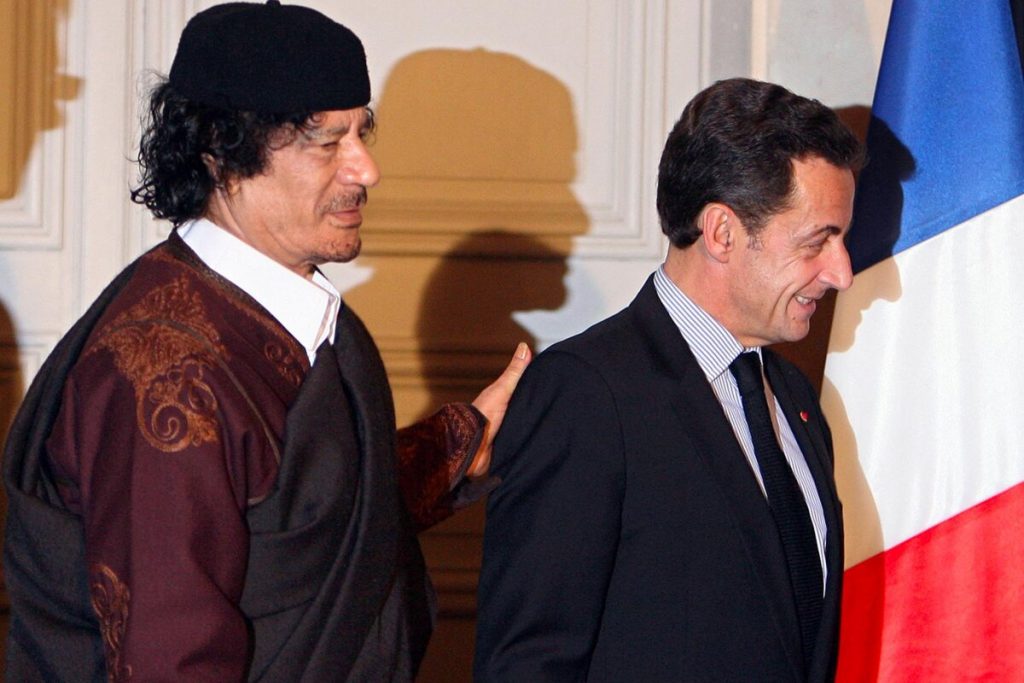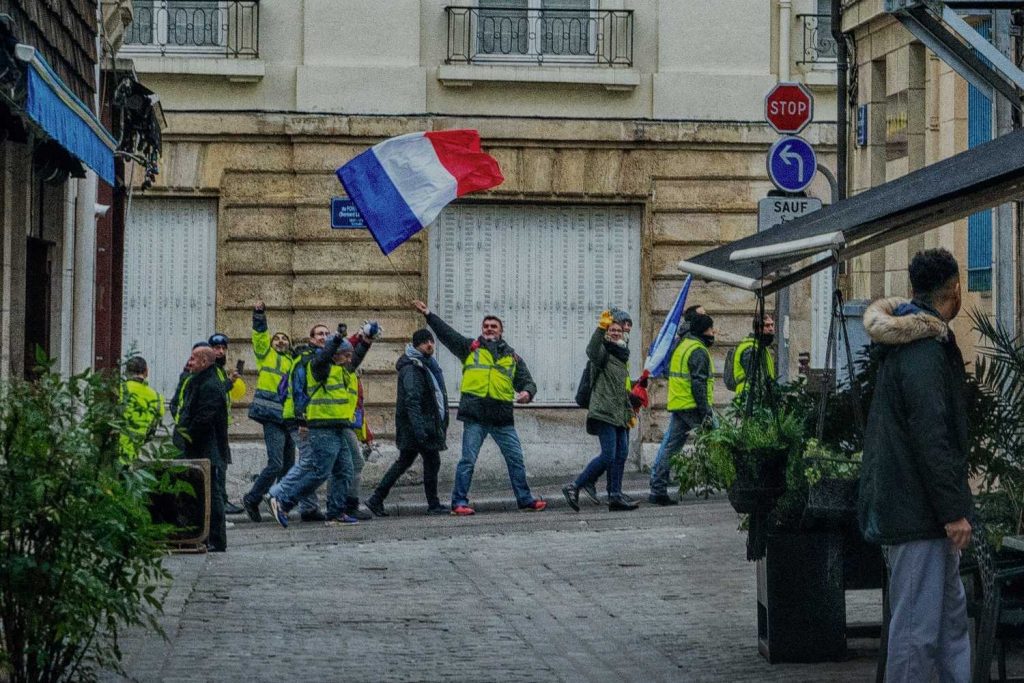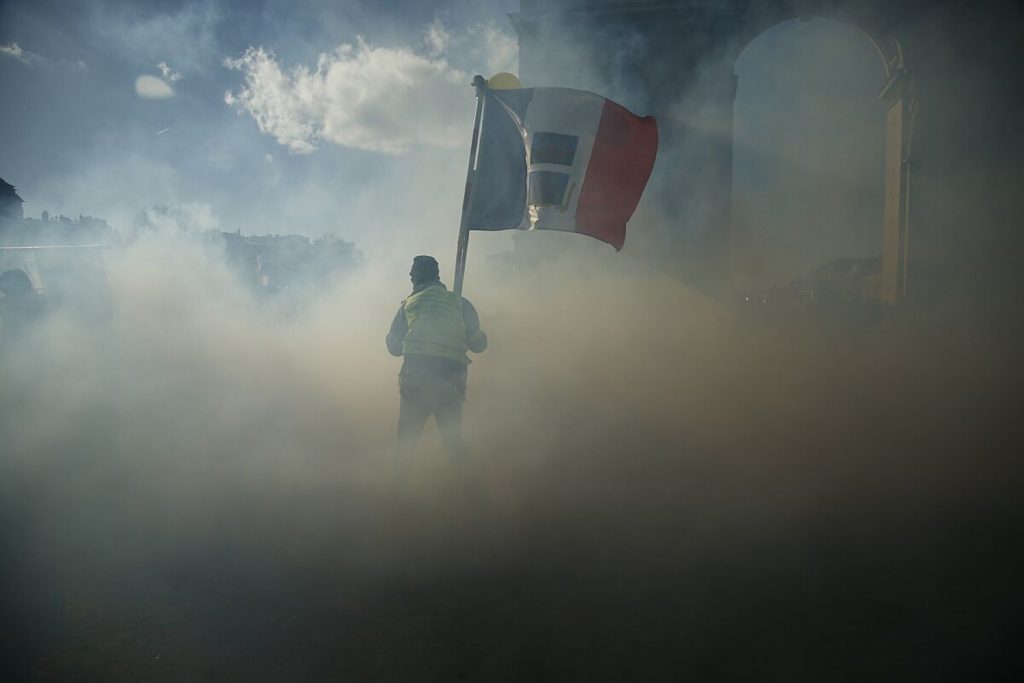
Sarkozy Sentenced: The Libyan Cash Scandal That Brought Down a French President
Nicolas Sarkozy, France’s president from 2007 to 2012, has been sentenced to five years in prison, three of them to be served behind bars, for his role in a secret campaign funding scheme involving Libya. The verdict, delivered on September 25, marks the first time in French history that a former president has been ordered to serve actual prison time, highlighting one of the most significant political scandals of the Fifth Republic.
The case, long considered complicated even to seasoned observers of French politics, centers on the court’s finding that Sarkozy’s 2007 presidential campaign received roughly €50 million from the regime of the late Libyan leader Muammar Gaddafi. Investigators concluded that the funds were delivered through a network of intermediaries and offshore accounts, with businessmen transporting suitcases of cash from Tripoli to Paris. This allegation shocked France and the world. Sarkozy had not only won the presidency by defeating Socialist Ségolène Royal, but his government later led NATO’s military intervention against Gaddafi’s regime in 2011.
A Decade-Long Investigation
Just days after NATO’s military intervention in Libya, Muammar Gaddafi’s son publicly claimed in a Euronews interview that Nicolas Sarkozy should ‘repay Libya the money he took for his election campaign’ The first documentary evidence, however, surfaced months later, when the investigative outlet Mediapart published files suggesting Sarkozy’s 2007 campaign had been secretly financed by Tripoli. French magistrates then opened a formal investigation that stretched over a decade, gathering thousands of documents, financial records, and witness statements to trace the alleged flow of money.
Sarkozy consistently denied wrongdoing, calling the charges politically motivated. In 2020, he was formally indicted for corruption, illegal campaign financing, and criminal conspiracy. The trial began in January 2025 in Paris and lasted four months. Twelve other defendants stood alongside Sarkozy, including close allies Claude Guéant and Brice Hortefeux, as well as businessmen accused of laundering the money through shell companies and fake contracts.
Courtroom testimony depicted luxury meetings, complex offshore transfers, and the shadow of Gaddafi’s intelligence services over the campaign. On September 25, the judges delivered their verdict, finding Sarkozy guilty of leading a criminal conspiracy. Guéant and Hortefeux also received prison terms, while some other defendants were acquitted.
The Secret Pact with Gaddafi
The court found that Sarkozy’s campaign entered into an agreement with Gaddafi’s regime: Libya would provide financial support, and in return, Sarkozy’s team promised political recognition and favorable conditions for French businesses operating in Libya. Investigators also believe the arrangement may have included an understanding to influence France’s treatment of Abdullah Senussi, Gaddafi’s intelligence chief, who was facing charges in France for the bombing of UTA flight 772 in 1989.
While the full extent of the agreement still remains unclear, the ruling confirmed that the arrangement violated French campaign finance law. France imposes strict limits on campaign contributions. Individuals may donate no more than €7,500, and donations from foreign governments or corporations are strictly prohibited. All contributions must be reported to the National Commission for Campaign Accounts and Political Financing. The court found that Sarkozy’s campaign bypassed these rules entirely, creating a scheme that undermined the transparency and fairness of the election.
A Historic Conviction
Nicolas Sarkozy’s conviction is unprecedented: the first time a French president has been sentenced to prison. The court’s ruling exposes the extraordinary scale of corruption at the heart of his 2007 campaign and marks a defining moment for accountability in French politics.
In response to the verdict, Sarkozy has denied the charges and labeled the ruling a “national humiliation” and a “personal injustice.” He claims that the case is politically motivated and has described the justice system’s decision as a “scandal.”
Some of Sarkozy’s allies have also criticized the verdict, calling the judges unfair and alleging a plot against him. The presiding judge, Nathalie Gavarino, has received death threats, prompting investigations and public condemnations from President Emmanuel Macron and Justice Minister Gérald Darmanin.The trial has ignited a national debate about political accountability and the role of the judiciary. Sarkozy has appealed, but under French law he is expected to begin serving his prison term while the appeal is pending. The former French president will start serving his sentence on October 21, in the famous “VIP quarters” of the Prison de la Santé in central Paris.


